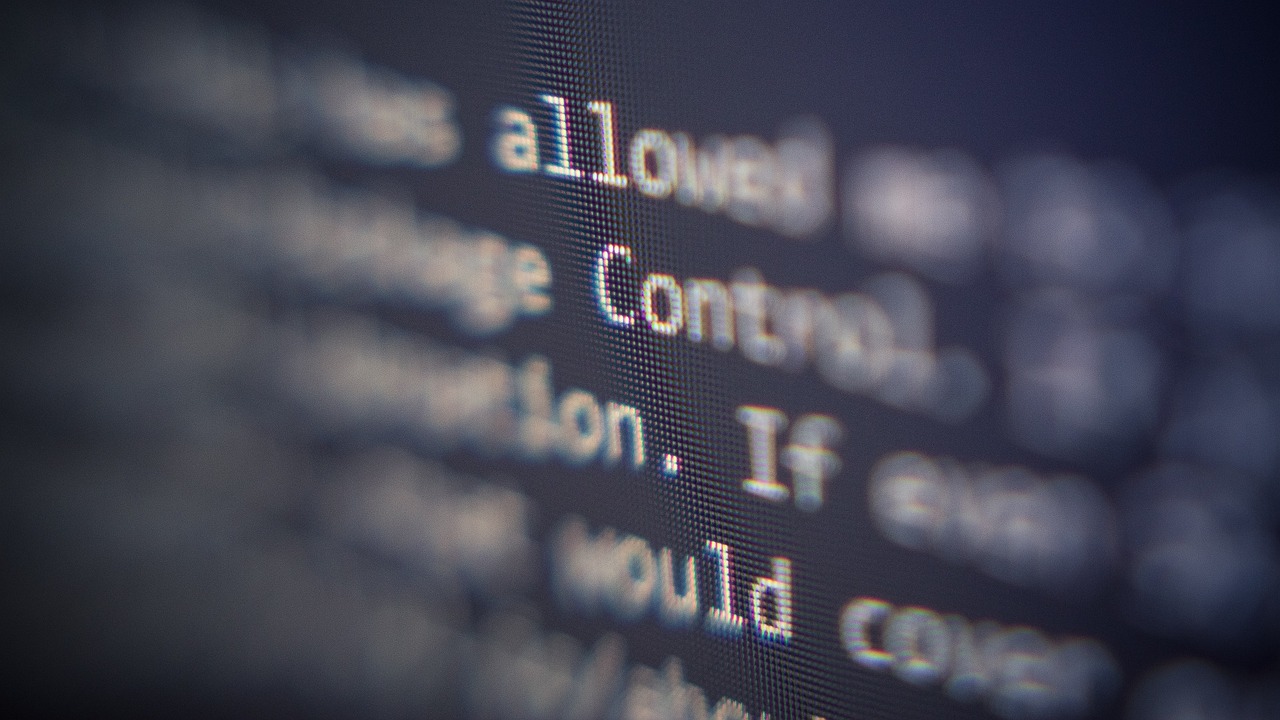The Potential of Blockchain in Identity Verification for Refugees
Identity verification is a critical process in various sectors such as finance, healthcare, and government services. Traditional methods of verification, relying heavily on physical documentation like passports or driver’s licenses, can pose significant challenges. These methods are often time-consuming, prone to errors, and can create barriers for individuals who may not have easy access to such forms of identification. Furthermore, the reliance on these documents can make the verification process cumbersome and slow, impacting the overall efficiency of services.
The limitations of traditional identity verification methods are further exacerbated in today’s digital age. With the rise of online transactions and remote services, the need for quick and seamless verification processes has become more pressing. Traditional methods, which often require in-person verification or the submission of physical documents, may not align with the speed and convenience that modern technologies offer. As a result, there is a growing need for alternative verification methods that are more efficient, secure, and accessible to a wider range of individuals.
Lack of Access to Legal Documentation for Refugees
Navigating the complex systems of legal documentation becomes especially daunting for refugees seeking asylum in unfamiliar countries. This lack of access to crucial paperwork exacerbates their already precarious situation, hindering their ability to establish their identity and access essential services. Without official documentation, refugees face numerous challenges, such as obtaining employment, healthcare, and education.
Moreover, the absence of legal paperwork can lead to refugees being exploited or falling victim to human trafficking. With no valid identification, they are more vulnerable to manipulation and abuse by unscrupulous individuals seeking to take advantage of their vulnerable status. The inability to prove their legal identity not only limits refugees’ opportunities for a better future but also leaves them susceptible to further harm and exploitation.
What challenges do refugees face with traditional identity verification methods?
Refugees often lack access to legal documentation, making it difficult for them to verify their identities using traditional methods such as government-issued IDs or passports.
Why do refugees have a lack of access to legal documentation?
Refugees may have fled their home countries in a hurry, leaving behind important documents. They may also face barriers to obtaining new documentation in their host countries due to bureaucratic processes or lack of resources.
How does the lack of legal documentation impact refugees?
Without legal documentation, refugees may struggle to access essential services such as healthcare, education, and employment. They may also face challenges in proving their identity and fulfilling legal requirements such as applying for asylum or residency status.
What can be done to address the lack of access to legal documentation for refugees?
Governments, NGOs, and international organizations can work together to develop alternative forms of identity verification for refugees, such as biometric technology or community-based verification systems. They can also streamline the process of obtaining legal documentation for refugees in host countries.





